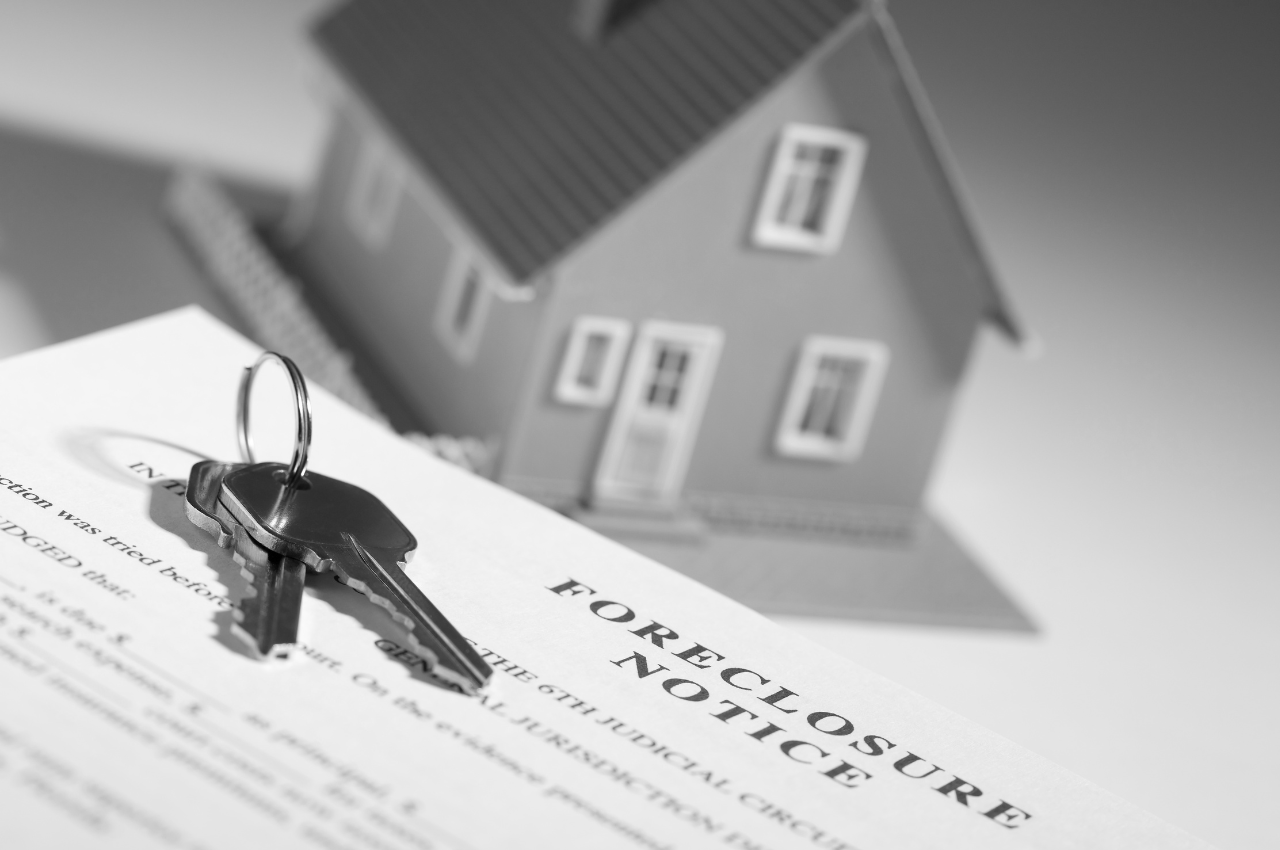Α statutory tenant can be ordered to be evicted even if he pays the rents due
The relationship between a property owner and a tenant is regulated by a tenancy agreement as well as the provisions of the Rent Control Law, L.23/83, when the contractual tenancy has expired and become statutory.
When a tenant fails to pay their rent, inevitably the parties end up in court for the landlord to secure a judgment for arrears, a repossession order and mesne profits pending re-possession.
If the tenancy is contractual and not subject to protection by the Rent Control Law, it is terminated, the tenant becomes a trespasser and the lawsuit is filed before the District Court. Where the tenancy has become statutory then the Rent Control Court has jurisdiction.
In a statutory tenancy, the grounds for eviction are limited by law, but among them is the failure to pay due rent.
The law gives the tenant two opportunities to pay the rent legally due, within a period of 21 days after being served with a written demand notice and then within 14 days after being served with an eviction application. If they pay, eviction is not ordered, otherwise the court issues an order for the recovery of possession, as well as the amounts owed. The Rent Control Law includes a provision for eviction of the statutory tenant, even if they pay the rents due, in the event that they systematically fail to pay the legally due rents.
The court of appeal tackled the issue in the decision it issued in civil appeal 230/2020, dated November 17. It concerned the appeal of a statutory tenant against whom an eviction order was issued. The court emphasised that the court of first instance correctly quoted jurisprudence that states the possibility of issuing an order to recover possession due to systematic refusal to pay rent, concerns a remedy that is included under the single reason of late payment of rents. A necessary condition for the issuing of an order for recovery of possession under section 11(1)(a) of the law, including a claim based on systematic non-payment of rent, is the service of the prescribed written notice on the tenant.
The court ruled that the first-instance decision ordering recovery of possession of the property was correct, that the time limits set in Article 11(1)(a) of 21 and 14 days respectively, are exclusively related to the right to recover possession in the event that rents remain unpaid after the lapse of said deadlines. Therefore, it said, although as a result of payment the owners have lost the right to eviction due to unpaid rents, they retain the right to invoke the eviction due to past systematic delay in payment of the rents.
The trial court’s finding was absolutely correct based on the case involving 49 unpaid rents. The landlords did not have the obligation to prove that the systematic non-payment was intentional, the result of bad faith or malice on the part of the tenant.
As rightly pointed out, the concept of systematicity is related to the result and not the motives behind the repeated failure to pay. The reasons are irrelevant to the issue and a different approach would end up circumventing the purpose of the article, since it would make the owner’s property subordinate to any well-intentioned tenant.
Based on Article 11(1)(a) of the Law, the issue according to the court of appeal is considered objectively. The only area on which the court is called upon to exercise its discretion is to judge whether the duration of the delay in the case is of such a length of time as to make it systematic. And the court of first instance rightly concluded that when the delays are, as in this case, for four consecutive years on a six-year contract, the systematicity is self-evident.


